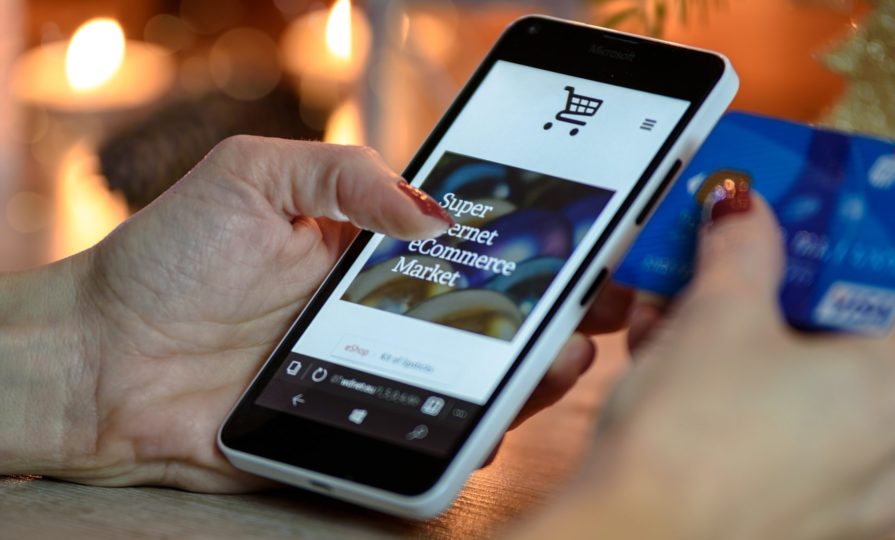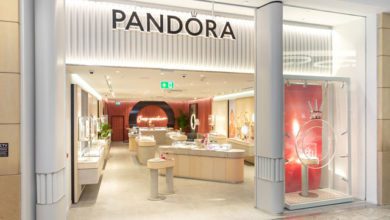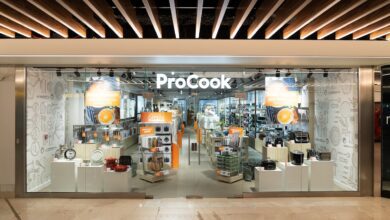What steps should brands take to ensure their online presence is optimised?

Register to get 1 free article
Reveal the article below by registering for our email newsletter.
Want unlimited access? View Plans
Already have an account? Sign in
Online retail sales are growing and are estimated to be in the region of 8.8% of total retail spending globally, equivalent to around $2.5trn.
The UK already tops the list of countries with retail e-commerce sales as a percentage of total retail sales, with 18%. So, given that we live in a global trading environment, in which consumers are regularly buying online from retailers and brands across the world, how important is it that their online presence is targeted to those most likely to purchase their products?
We know that visitors stay longer on a website which has been properly translated into their own language; that customers are more likely to trust and buy from an online store which is in their own language, and that around 50% of people would pay more if the website they were buying from was in their native language. This already indicates why it is important for brands and retailers to ensure their online presence is optimised for the individual national markets in which they trade.
But there’s more; brands and retailers may have spent a long time perfecting the phrasing of their English-language advertising. They might even have paid to have a professional marketing agency do it on their behalf. Now, though, they are selling those same products and services in a different language.
That whole process can be rendered irrelevant through the use of incorrect, out of place, or poorly targeted translations. Moreover, the ‘easy option’ – using an automatic translation tool without post editing process – risks introducing incorrect translations that are out of context or culturally inappropriate.
Outside of creating marketing materials, which fail to convert, you also risk doing damage to your brand; at best amusing and at worst seriously confusing your potential customers, and failing to rank on SERP (Search Engine Results Pages) in other languages, as search engines will mark and rate automatically generated content poorly.
Remember also that your target audiences may have different cultural associations with images, signs and icons. You will need to have any culture-specific references you’ve made localised so that they receive the same message. Your target audiences may have strong cultural associations with the colours you use in your online sites.
They may speak a language which will take up more or less space on your website or brochure, requiring design changes; may speak a left-to-right language or be used to a GUI (Graphical User Interface) which works in a different way to the one used by visitors from your own culture, and might have different expectations as to the “correct” time and date format, currency format, addresses, units of measurement and so on.
To really make your message hit home, though, you might need to consider transcreation. This involves your copy being completely re-written if necessary in order to ensure that your message is properly adapted. So, for example, with your online presence, be careful to choose the languages you want to localise into carefully. Remembering as well, of course, that – for instance – the Spanish spoken in Spain is different to that spoken in Mexico, Puerto Rico or Argentina.
Brand and retail marketers may also consider another marketing best practices: to add another language to a social media profile to dramatically improve its reach. It also increases the number of overall social interactions – shares, likes, retweets and so on – as well as your chance of garnering that highly desirable UGC, all of which will increase the strength of your online presence.
And finally, reviews, testimonials and other user generated content. The fact is, 90% of consumers read online reviews before visiting a business, and 88% of consumers trust online reviews as much as they do personal recommendations.
If you’re not considering these part of your website, they should definitely be high up on your list of elements to translate. The sheer persuasive power of positive reviews means you should be spreading the good things people are saying about you as far and wide as possible.
Julie Giguere is the managing director at Asian Absolute.







